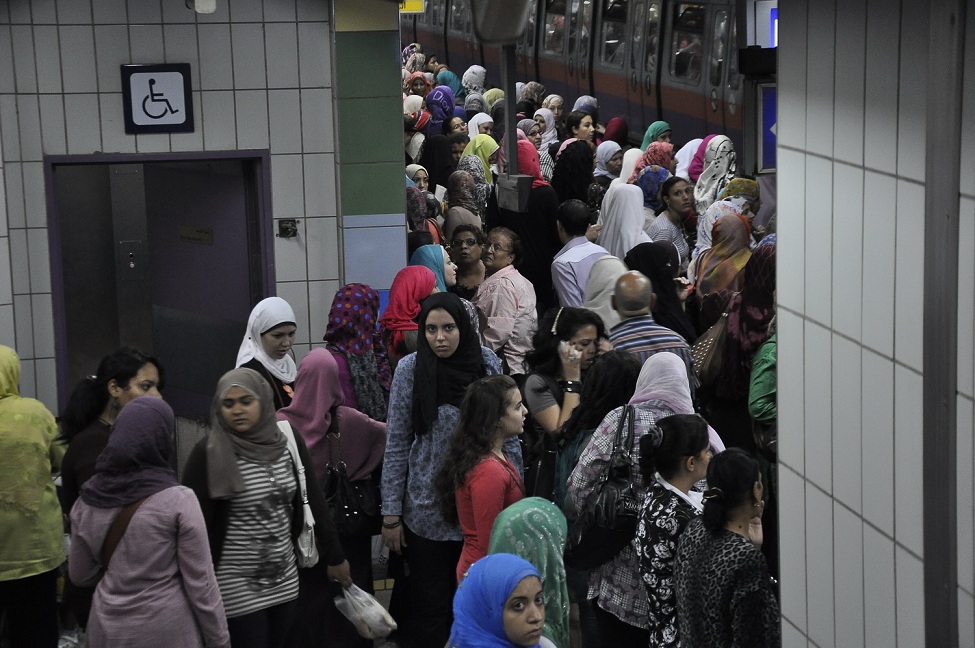Johannesburg – China and South Africa, two of the members of the BRICS bloc, said that they have found common ground on expanding the BRICS emerging market bloc, as a summit of the grouping that also includes Brazil, Russia, and India began in Johannesburg on Tuesday.
South African President Cyril Ramaphosa and Chinese President Xi Jinping met on Tuesday ahead of the summit and agreed that BRICS should be expanded to include more countries from Africa and Asia.
At the summit, South Africa President Cyril Ramaphosa reiterated his country’s position in relation to the expansion of BRICS (Brazil, Russia, India, China, and South Africa) calling on the world economies to buy into Africa’s potential.
This came as Ramaphosa addressed delegates at the official opening of the 15th BRICS Summit in Sandton.
Ramaphosa said that South Africa is committed to “broadening and deepening” BRICS and that the bloc should be “open and inclusive”.
Xi Jinping said that China supports the expansion of BRICS and that it would help to “strengthen the voice of developing countries”.
The issue of expanding BRICS has been debated for several years, with some members of the bloc expressing concerns that it could dilute their influence.
The 15th BRICS Summit is expected to discuss a range of issues, including economic growth, trade, investment, and security.
Brazilian President Luiz Inácio Lula da Silva and Indian Prime Minister Narendra Modi are also attending the BRICS summit. Their governments are somewhat skeptical of expanding the bloc in a way that would dilute their influence and strengthen China’s claim to leadership of the developing world.
In his remarks at the business forum, Brazilian President Lula da Silva said he supported the BRICS common currency programme that does not aim to replace the national currency regime.
“I support a common trading currency for BRICS countries that will not replace our national currencies,” he said.
“The New Development Bank already represents a milestone in effective collaboration among emerging economies and is expected to be the global leader in financing projects that address the most pressing challenges of our time,” he added.
“We cannot accept new global colonialism,” he said in his speech, in remarks sure to trigger concerns in the West about Brazil’s position on China’s and Russia’s campaign to stand up against Western hegemony.
China rejects ‘new global colonialism’
Chinese President Xi Jinping underlined on Tuesday that any attempt to keep enlarging a military alliance, expand one’s own sphere of influence or squeeze other countries’ buffer of security can only create a security predicament and insecurity for all countries.
Xi’s remarks were made in a speech read out by Chinese Minister of Commerce Wang Wentao at the BRICS Business Forum 2023.
Urging all countries to strive to achieve universal security, Xi said recent years have seen a turbulent world, and many countries and regions are plagued by wars and conflicts and many people are displaced.
He stressed in the speech that only a commitment to a new vision of common, comprehensive, cooperative and sustainable security can lead to universal security.
The Chinese president also called on all countries to have dialogue and oppose confrontation, forge partnerships but not alliances, pursue win-win outcomes and oppose zero-sum game, and work together to build a community of security.
Putin Says BRICS Countries Must Deepen Cooperation Amid Sanctions
Russian President Vladimir Putin said Tuesday that BRICS countries must deepen cooperation amid ongoing external economic challenges.
Speaking via video link to the BRICS Business Forum 2023, Putin said that the introduction of illegitimate sanctions and the unlawful freezing of sovereign assets have had a negative impact on the global economy. He stressed that such practices have led to resource shortages, increased inequality, unemployment, and rising prices, which have affected the most vulnerable countries.
“It is important that BRICS member states continue to strengthen cooperation under such circumstances,” Putin said. “Our joint work, which aims to ensure economic growth and sustainable development, has produced concrete, tangible results.”
Putin said that cooperation within the BRICS is based on principles of equality and mutual respect. He added that this is the “essence” of the group’s future strategic course, which meets the interests of the global majority.
According to Putin, mutual investments between BRICS countries have increased sixfold over the past decade, and Russia’s trade turnover with its BRICS partners has currently reached a record of over $230 billion.
The Russian president further pointed out that the irreversible process of de-dollarization has gained momentum, and BRICS countries are actively working to establish effective mechanisms for mutual settlements and monetary and financial control.
Putin also discussed the importance of boosting cooperation in a wide range of fields, including transport and logistics, business and climate change.
“Russia is in favor of establishing closer cooperation within the BRICS framework on the issues of reliable and uninterrupted supply of energy and food resources to world markets,” Putin noted.
Modi Says India Will Be Global Growth Engine, Touts Economic Reforms
Indian Prime Minister Narendra Modi said Tuesday that India will be the growth engine of the world, thanks to its economic reforms.
Speaking at the BRICS Business Forum 2023 in Johannesburg, Modi said that India has turned calamity and tough times into economic reforms.
“In the last few years, the ease of doing business in India has improved due to the work done in the mission mode,” Modi said. “We have focused on public service delivery and good governance.”
Modi also highlighted India’s digital transformation, saying that the country is now the world leader in digital transactions.
“Today in India, UPI is used at all levels,” Modi said, referring to the Unified Payments Interface, a real-time payment system developed by the National Payments Corporation of India.



